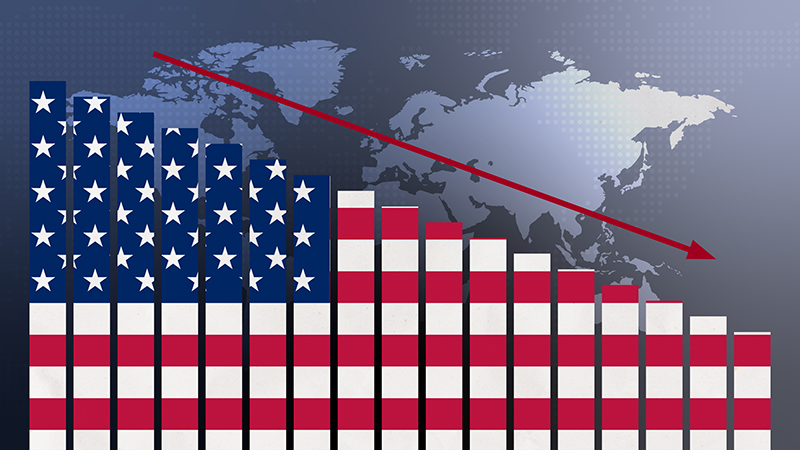Based on interviews and research done for Deloitte by the Economist Intelligence Unit between January andFebruary 2014, the report called Seismic shifts in investment management: How will the industry respond? Outlines four strategic choices facing the boards of asset managers.
The first is: What client segment mix will be optimal – retail or institutional; the second is which distribution model will best achieve its goals – direct or intermediated, the third is a choice between active or passive and the final is whether or not to focus on local or global markets.
According to the report, these choices are based on a number of key trends that have been noted by those surveyed.
First, Deloitte writes: “With pension liabilities around the world moving from the state and employers to the individual via defined contribution schemes, the retail investor is becoming increasingly important.”
And, as retail investors are generally poorly engaged with investment decision-making and often use the default funds offered by their pension provider, Deloitte argues, becoming the default fund is extremely attractive.
“Regular, large fund flows that are likely to remain in place for decades are an asset managers ideal. But, the market requires scale to penetrate.”
The second trend noticed is the prospect asset managers face of losing out as platforms, wealth managers, insurance companies and other parts of the chain all aim to control “a greater slice of the cake”.
“These intermediaries – made up of around 150 decision-makers – are acting as “gatekeepers” by standardising the criteria for fund selection and launching their own funds, sub-advised by asset managers. This is significantly concentrating fund flows and putting pressure on fund charges, with many asset managers struggling to differentiate themselves and justify their fees in the eyes of these powerful new intermediaries.”
The third change to which UK asset managers are having to adapt are increasing demands from UK investors for global products.
“At the same time, wealth in emerging markets is growing, creating new client bases for asset managers in these local markets.”
Finally, pricing pressures are coming from a number of sources. “Platforms, in directly comparing funds, can force down fund management charges. In addition, the continued growth of low-cost passive funds can directly challenge those active funds that only achieve “marginal alpha”. Regulatory costs add to the pressure.











